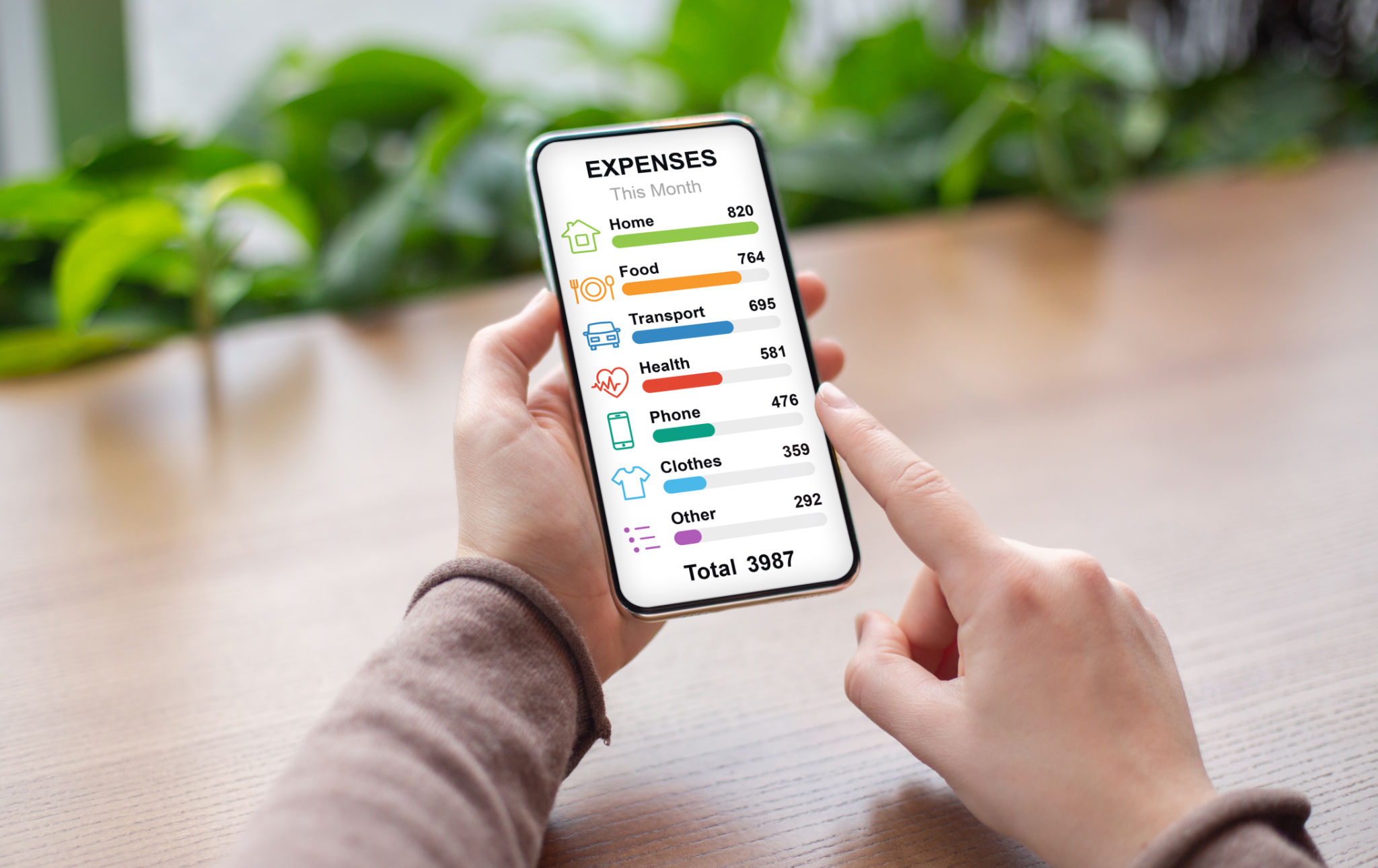Budgeting for Beginners: A Comprehensive Guide to Financial Success
Understanding the Importance of Budgeting
Budgeting is a fundamental skill that lays the groundwork for financial stability and success. It’s not just about tracking expenses; it's about planning for the future and making informed decisions. By establishing a budget, you gain control over your finances and can align your spending with your goals. Whether you're saving for a vacation, buying a home, or planning for retirement, a budget is your roadmap to achieving these aspirations.

Assessing Your Current Financial Situation
Before you can create a budget, you need to have a clear picture of your current financial situation. Start by calculating your total income, including wages, dividends, and any other sources. Next, list all your expenses, both fixed (like rent or mortgage) and variable (such as groceries and entertainment). This assessment helps you understand where your money is going and where adjustments might be necessary.
Setting Clear Financial Goals
Having specific financial goals gives your budget purpose. Start by identifying what you want to achieve financially in the short term and long term. Short-term goals might include paying off credit card debt or saving for a new computer, while long-term goals could be building an emergency fund or saving for retirement. Clearly defined goals will guide your budgeting decisions and keep you motivated.

Creating a Realistic Budget
Once you understand your financial situation and have set goals, it's time to create a realistic budget. Start by categorizing your expenses into needs and wants. Needs are essential items like housing and utilities, while wants are non-essential items like dining out or entertainment. Allocate funds to each category, ensuring that your total expenses do not exceed your income. This balance is crucial for maintaining financial health.
Tracking Your Spending
Tracking is an essential part of budgeting as it helps ensure you stay on track with your spending plan. Use budgeting apps or spreadsheets to monitor where your money goes each month. Regularly reviewing your spending habits allows you to make necessary adjustments and avoid overspending. Remember, the goal is not to restrict yourself but to make mindful spending choices.

Adjusting Your Budget as Needed
Your budget should be flexible enough to accommodate life changes such as a new job, a raise, or unexpected expenses like medical bills. Regularly review and adjust your budget to reflect these changes. This flexibility ensures that your budget remains effective and relevant to your current financial situation.
Building an Emergency Fund
An emergency fund is a crucial component of any financial plan. It acts as a safety net during unexpected situations like car repairs or job loss. Aim to save at least three to six months' worth of living expenses in this fund. Start small by setting aside a portion of your income each month until you reach your goal.
Staying Motivated and Accountable
Maintaining motivation and accountability can be challenging but is vital for budgeting success. Consider sharing your financial goals with a trusted friend or family member who can provide support and encouragement. Additionally, regularly celebrate small milestones to keep yourself motivated on the journey to financial success.

In conclusion, budgeting is an empowering tool that helps you take control of your finances and achieve your goals. By understanding your income and expenses, setting clear goals, and regularly reviewing your budget, you can pave the way for financial success. Remember, the key is consistency and making informed financial decisions that align with your aspirations.